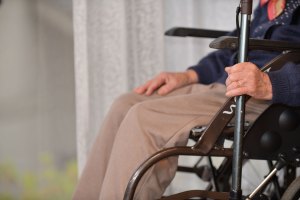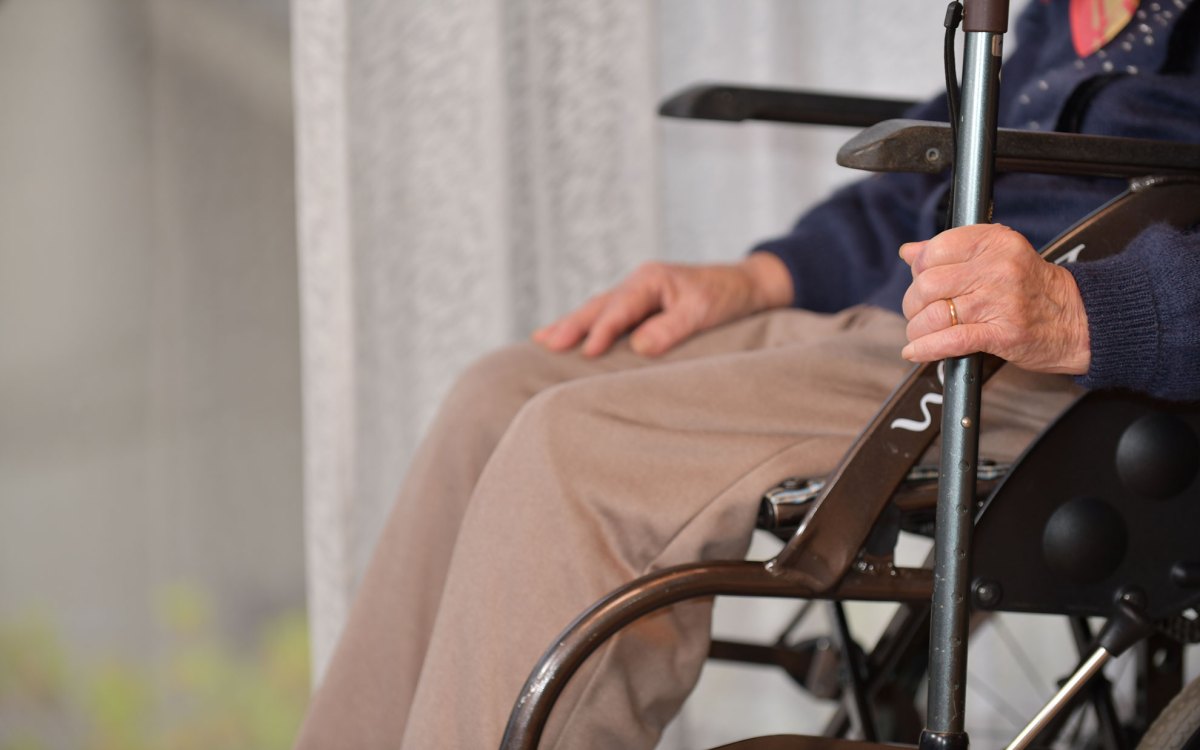Deval Patrick on leadership during Boston Marathon bombing response
In the hours following the detonation of two bombs during the 2013 Boston Marathon, scores of people mobilized to tend to the injured and bring the perpetrators to justice. The response required agencies over multiple jurisdictions at the local, state, and national levels — who all had different lines of authority — to work together during a complex and ambiguous situation. No single person was “in charge.”
So why did it work? Researchers at Harvard T.H. Chan School of Public Health call it an example of “swarm intelligence.”
Experts at the School’s National Preparedness Leadership Initiative (NPLI) credit former Governor Deval Patrick with setting a tone that spread through the response team and the bystanders who pitched in to help. It was a belief that people who are empowered to do their best can accomplish more than any one leader can achieve separately.
Patrick joined NPLI Co-Director Leonard Marcus and NPLI faculty member Barry Dorn, both lecturers on public health practice, for a conversation on leadership during the Boston Marathon bombing response. The talk was the keynote for the annual meeting of the School’s Leadership Council, which was held October 28-29, 2015.
Through studying the Marathon response, the NPLI researchers identified principles of swarm intelligence that can be applied to many difficult situations leaders face, not only in times of crisis but in everyday work life.





